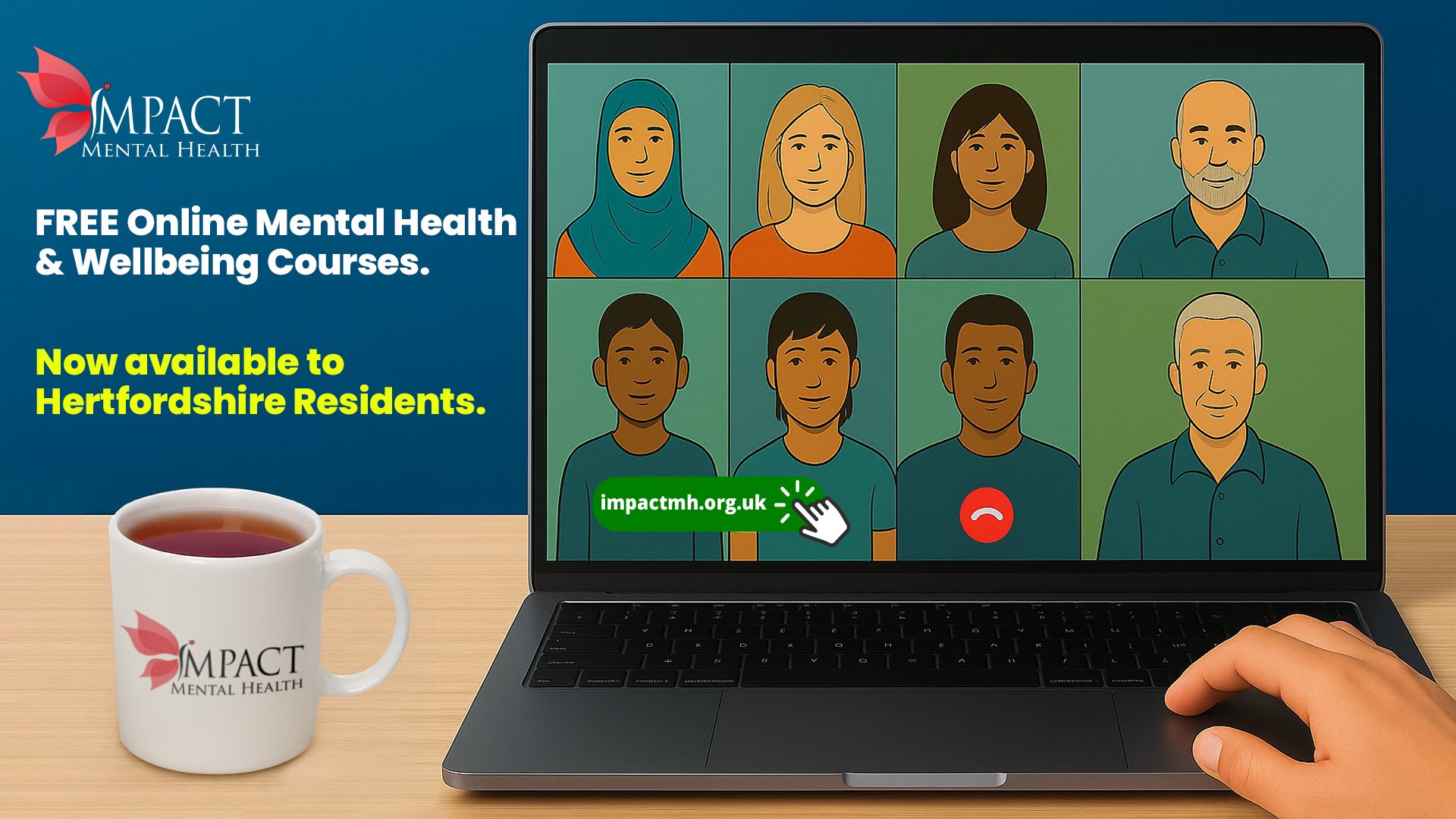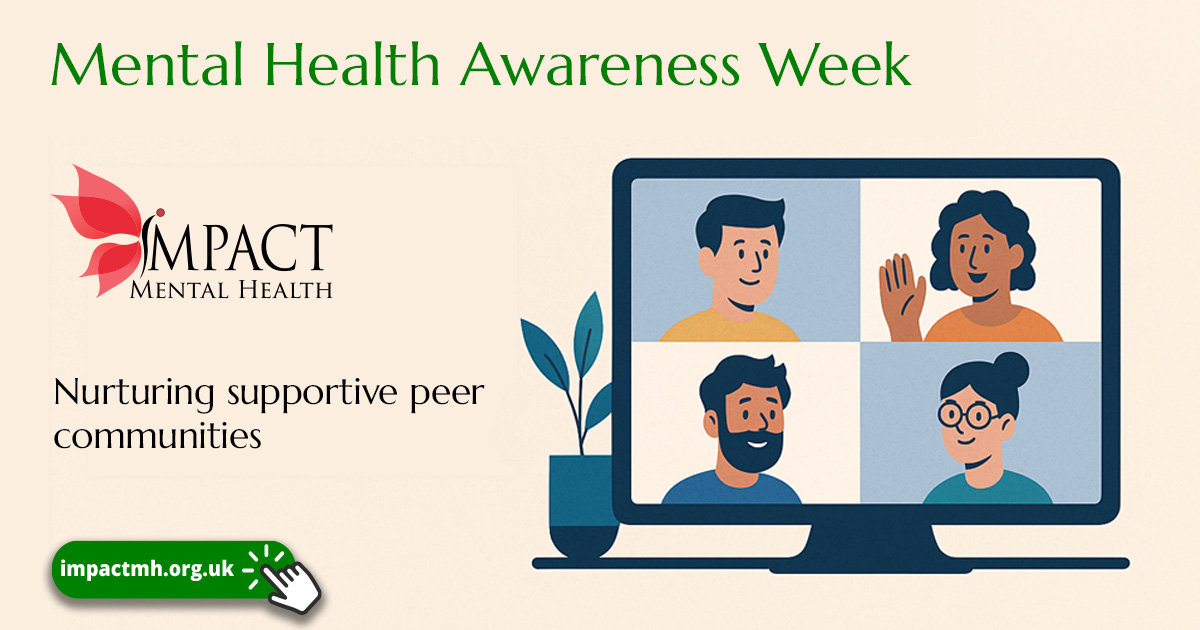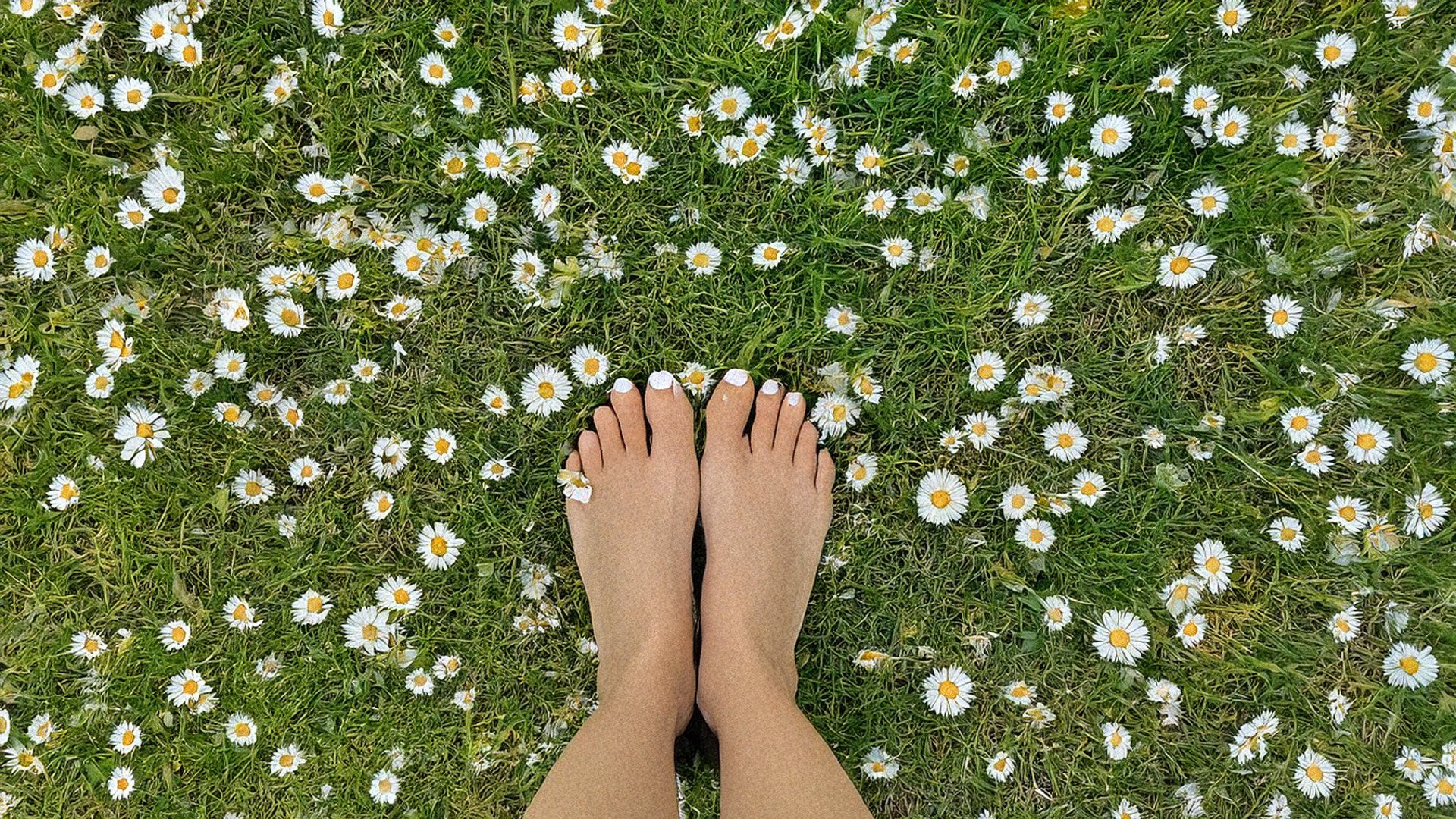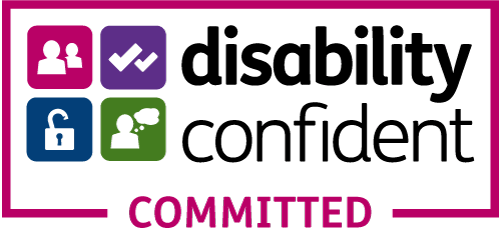Partnership with Steps2Skills at Hertfordshire County Council for online mental health and wellbeing support in Hertfordshire
Big smiles all round here at Impact Mental Health! 😊 We’re thrilled to announce a new and exciting partnership with Steps2Skills at Hertfordshire County Council to provide free online Mental Health Support in Hertfordshire. This collaboration marks a significant step forward in our mission to make mental health and wellbeing support more accessible across the region.

Thanks to this new funding, we’ll soon be able to offer our popular online mental health and wellbeing courses to residents right across Hertfordshire, in addition to those in Central Bedfordshire and Bedford Borough, where we’ve proudly served for the past 15 years.
What This Means for Hertfordshire Residents
Mental health challenges can affect anyone, and we believe that access to high-quality, educational and supportive courses should be available to all. Whether you’re managing stress, experiencing anxiety, struggling with confidence, or just looking to build emotional resilience, our courses are designed to support your journey in a safe, compassionate and empowering way.
Thanks to the support of Steps2Skills, Hertfordshire residents will now be able to enrol for free on many of our courses, including:
- Mind Managment
- Understanding Anxiety and Low Mood
- Building Resilience and Confidence
- Mindfulness, Breathwork and Meditation
- Managing Emotions
- …and more!
All our courses are delivered online and are led by experienced, friendly tutors who understand mental health challenges and are passionate about supporting others. You’ll be learning in small, supportive groups – many people say our sessions feel more like a conversation than a classroom.
A Shared Vision
At the heart of this new relationship with Steps2Skills is a shared belief that everyone deserves the opportunity to feel mentally strong, emotionally supported, and part of a caring community. Together, we aim to reach more people, break down barriers, and create lasting impact in the lives of Hertfordshire residents.
Watch This Space!
We’ll be sharing more details soon about upcoming courses, how to register, and what to expect. In the meantime, if you’re in Hertfordshire and looking for support, or if you know someone who could benefit, please get in touch or follow us on social media.
Together, we can make mental health support more inclusive, enabling, and effective than ever before.
If you would like to be amongst the first to know when courses are available, please use the form below and we’ll be in touch very soon.

















